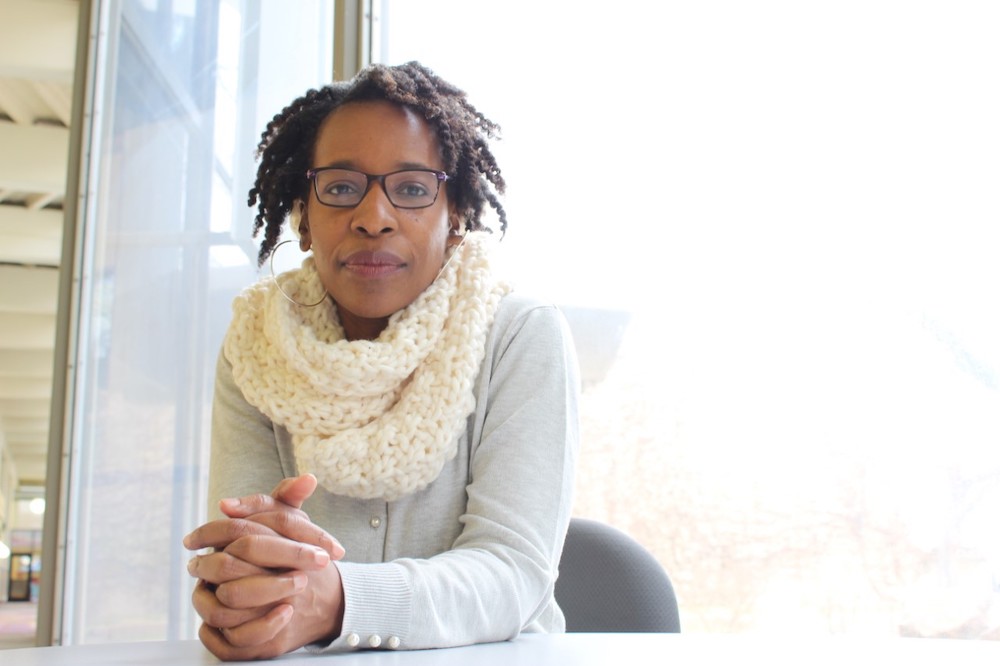Faculty Spotlight: Dr. Natasha Howard
October 23, 2020 - Felina Maria de la Luz Martinez

Dr. Natasha Howard is an Assistant Professor in Geography and Environmental Studies with a joint appointment in the Department of Africana Studies at UNM. Her research interests center on unveiling the structures of anti-black racism and the production of anti-black racial discourses in the Americas.
“I am interested in the discursive deployment of antiblack discourses in a variety of spatial contexts. Quite specifically, I am interested in the relationship between race and space. For instance, how is race implicated in spatial formation,” Howard said.
Howard says while she is interested in the topic of race in Latin America quite broadly, she often focuses on the Caribbean, more specifically the Dominican Republic and Cuba.
“My interests were drawn to these areas because of how each engages with blackness and mestizaje. For me, the Dominican Republic was a particularly interesting place to study Black racial identities,” Howard said. “The relationship that the nation has historically had to Haiti, facilitated the creation of a unique Indigenous/mestizo identity that displaced blackness onto Haitians.”
Howard said this research further stimulated her desire to study race in Latin America.
“I think from an early age I have always been interested in how Black people experience the world, wherever they may be. In all of my classes, at some point in the semester, we do a bit of comparative racial analysis between the U.S. and Latin America. It is important to understand that places do not simply exist in a bubble,” Howard said.
While in the Dominican Republic, Howard says she participated in a research project on the migration of women from the countryside to larger urban centers in search of work. Howard says the intent of this project was to understand how women's migration influenced new patterns in family organization.
“Because many women in the countryside needed to migrate in order to find work, did this shift perceptions about "traditional" family structures or women's roles in the family? I was particularly interested in how migratory women challenged the idea of what the traditional family structure was,” Howard said.
Howard says she also found herself drawn to examining how race was implicated in this project.
“While I did not initially think to include race in this study, it became clear to me early on that race was important in understanding who migrated, under what circumstances and where they ended up working upon arrival to large cities like Santo Domingo,” Howard said.
Currently, Howard says she is working on a project tentatively titled: Black Geographies in New Mexico.
“This project will move beyond the often noted history of Black Buffalo Soldiers and lone cowboys/frontiersmen and capture the history of Black migration, community-building and Black activism in New Mexico’s history,” Howard said. “Additionally, this project will explore how New Mexico’s narratives about nature, open space and land always rely upon a racialized imagination about who belongs and who does not in the space.”
So far Howard says she has collected about 25 oral histories and has plans to continue collecting these histories once COVID-19 restrictions are lifted.
When it comes to what advice Howard has for young scholars in the field of Latin America, she stresses interdiscipline.
“My advice for young scholars in the field is to pursue your passion rigorously. I believe it is important to be interdisciplinary in your approach because there is so much to learn by crossing disciplines,” Howard said.
